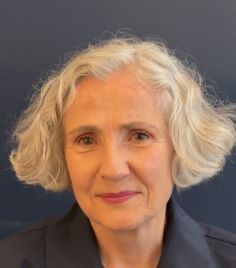The Role of Emotion in The Treatment of Problematic Substance Use:
An integrative Science-Based Intervention
Elizabeth Bolger, Ph.D., Psychologist
Live Online Workshop
Overview
How often do your clients struggle with substance use, whether it is occasional overuse, emotional reliance, or long-standing addiction patterns? You might not even identify clients as having a “substance use issue” initially, but it frequently emerges as therapy progresses and often masks deeper emotional struggles. When substance use surfaces, especially outside of a clear addiction framework, therapists can feel unprepared. Even experienced clinicians may find themselves discouraged by the chronic, cyclical nature of substance use, recovery, and relapse.
At the core of many substance use struggles is a pattern of difficulty recognizing, tolerating, or expressing emotion. This includes not just painful feelings, but the full range of emotional experience. For most clients, these capacities were never fully developed. Substance use often becomes a way to regulate internal states or to escape emotional disorganization. In many cases, clinicians must begin by helping clients build fundamental skills in emotional awareness and regulation. As these capacities strengthen, therapy can shift toward accessing and transforming emotional pain through deeper therapeutic processes.
This workshop provides a framework for recognizing where clients are in their emotional development and readiness, and teaches specific interventions for supporting them at each stage. You will learn how to help clients build emotional capacity, access and process emotional pain, and support long-term emotional and behavioral change. The model is relevant to clinicians in both general mental health and addiction-specific settings.
Drawing on Emotion Focused Therapy (EFT), Cognitive Behavioural Therapy (CBT), Motivational Interviewing (MI), Dialectical Behavior Therapy (DBT), and 12-step-informed strategies, the workshop offers an integrative, practical approach to addressing substance use. Skills can be immediately applied and tailored across therapeutic modalities and client populations.
Over four weekly sessions, Dr. Elizabeth Bolger will teach a treatment model grounded in clinical research and more than three decades of practice. Whether you work in individual, couples, family, trauma recovery, or general mental health care, this workshop will offer tools that can be integrated across therapeutic modalities and tailored to clients at different stages of readiness.
A recording of the workshop will be available to registrants for 60 days.
Please note that it may take 15–20 business days for the recording to be sent.
Objectives
- Integrate and implement principles and interventions from Emotion Focused Therapy, Cognitive Behavioural Therapy, Dialectical Behavioural Therapy, Motivational Interviewing, and 12-steps approaches to help clients facing addiction issues
- Implement interventions and strategies to help clients develop emotional processing skills critical to relapse prevention; process previous painful experiences at the root of the problem; manage current emotional experiences in ways that are adaptive and healthy.
Details
Date: November 6, 13, 20, & 27, 2025
Time: 10:00AM – 3:00PM (Eastern Standard Time)
Format: Live Online Workshop
Registration Rates
Regular Rate: $489 (+applicable taxes)
Student Rate: $295 (+applicable taxes)
- Students are eligible for a student rate. Please sign up here to access student benefits.
- Student rates apply to individuals currently enrolled in an undergraduate, master's, or doctoral program at a recognized post-secondary institution.
CE Credits
Canadian Counselling and Psychotherapy Association (CCPA)
- Approved for 16 CEC
Ontario Association of Mental Health Professionals (OAMP)
- Approved for 16 CEC
**Participation in this workshop allows OAMHP members to apply 16 CECs towards their required continuing education hours. OAMHP’s review of the general content of this workshop recognizes the learning objectives meet and support the criteria (1) for best known practice in continuing education and (2) for educational requirements for mental health professionals
Please note that live attendance is required in order to receive CE credits
Refund Policy
Cancelling 7 days or more prior to the start of a live one or two day workshop, or webinar series:
- Refund: Full refund will be processed, minus a $50 administrative fee
or
- Transfer: Full payment can be transferred to another upcoming workshop or training that we provide. Please email our training and workshop team at training@cpeh.ca to request a transfer.
Cancelling after 7 days prior to the start of a live one or two day workshop, or webinar series:
- Refund: No refund
- Transfers: Full payment can be transferred to another upcoming workshop or training that we provide. Please email our training and workshop team at training@cpeh.ca to request a transfer.

Elizabeth Bolger, Ph.D., Psychologist
Dr. Elizabeth Bolger completed her M.A. and Ph.D. degrees at York University in Toronto where she was trained in Humanistic and Experiential Psychotherapy. Emotion Focused Therapy (EFT) has been a primary influence on her development as a therapist.
Dr. Bolger is a certified EFT supervisor. She has been a skills trainer at the Institute of Emotion Focused Therapy for Complex Trauma and Couples Therapy and consults to other professionals on EFT for individuals and couples. Currently, she is a therapist and consultant at the Centre for Psychology and Emotional Health.
Dr. Bolger has many years of experience working in the treatment of addiction in both in-patient/residential and outpatient counselling services where she worked with individuals, couples and family members. She is the co-creator of a multi-modal addiction recovery model grounded in the relational and task principles of Emotion Focused Therapy and co-developed an early recovery empty chair task promoting self-care.
Dr. Bolger's research with Adult Children of Alcoholics has made an important contribution to the understanding of emotional pain in psychotherapy, guiding her own clinical experience and informing the work of others with a number of clinical problems for over thirty years. Her work on emotional pain has been presented at numerous conferences and published in academic journals.
